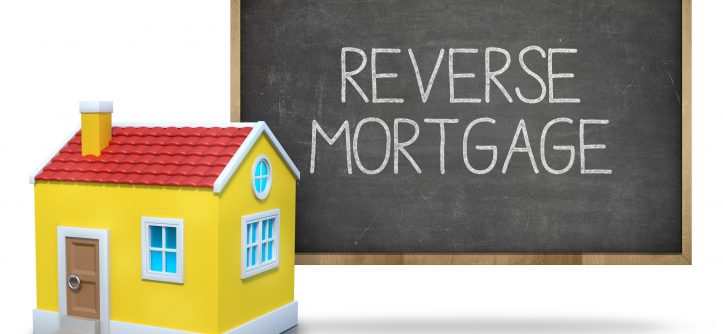There are so many things to look forward to when you are a retiree. You will have a lot of free time, of course. But if you want to be comfortable during that free time you need money. Losing your paychecks from when you were working can be a financial shock and adversely impact your retirement comfort level. You may have heard that a reverse mortgage can assist you, but how do you decide if one is right for you? You can contact a reverse loan specialist like Silver Leaf reverse mortgage to have guidance through the entire process. For now, here are some tips to help.
Table of Contents
Understand How a Reverse Mortgage Functions
To decide if a reverse mortgage is right for you, one of the first things you need to do is learn how it functions. The basic premise is a reverse mortgage provides you with cash taken from your home value. That is similar to a traditional mortgage. The differences lie primarily in how the loan is repaid and how long it lasts.
When you take out a traditional mortgage on your home, you have to pay portions on an ongoing basis and pay the full loan balance by a particular date. A reverse mortgage does not require ongoing payments on set dates. It also does not have a single set date on which the full balance is due. Instead, you pay it back on a long-term basis whenever you can and are safe and secure until you move out of your home. When you do, the balance becomes due and you are given a short grace period in which to pay it.
Know Your Personal Eligibility Requirements
The next step in determining if you should get a reverse mortgage is knowing your personal eligibility requirements. For example, you have to live in the home in question. You also have to be 62 years of age or older to obtain a reverse-mortgage for your home. Additionally, you must accept ongoing responsibility for the upkeep of the home and prove you are capable of meeting those obligations.
Know the Eligibility Requirements for the Property Itself
Your property must also meet eligibility requirements for you to get a reverse mortgage. For example, it cannot be a large apartment building. It can only typically qualify if it has four or fewer apartments and you live in one of them. The home also cannot be a vacation property. Nor can you get a reverse mortgage on any property on which there are no living structures or on which you personally do not reside.
Know Your Eligibility Status When You Have a Traditional Mortgage Already
If you already have a traditional home mortgage, you may not think you are eligible for a reverse mortgage. You also may not see how one can benefit you. However, you are potentially eligible, and there are possible benefits. For example, you can pay off the traditional mortgage immediately with money gained from the reverse mortgage. In fact, you are required to do so. That allows you to get rid of the continuous bills associated with your original traditional mortgage.
Understand the Ongoing Impact of a Reverse Mortgage Agreement
Finally, it is important to understand the ongoing impact of a reverse mortgage agreement before you decide if one is right for you. For example, you will have no scheduled time table to worry about in terms of paying the loan back. However, the longer you extend it, the more interest you must pay. You are also obligated to remain in the home for as long as you want the loan to last. Keep those and other factors in mind before you sit down to sign a reverse mortgage contract.
Tags: Reverse Mortgage



